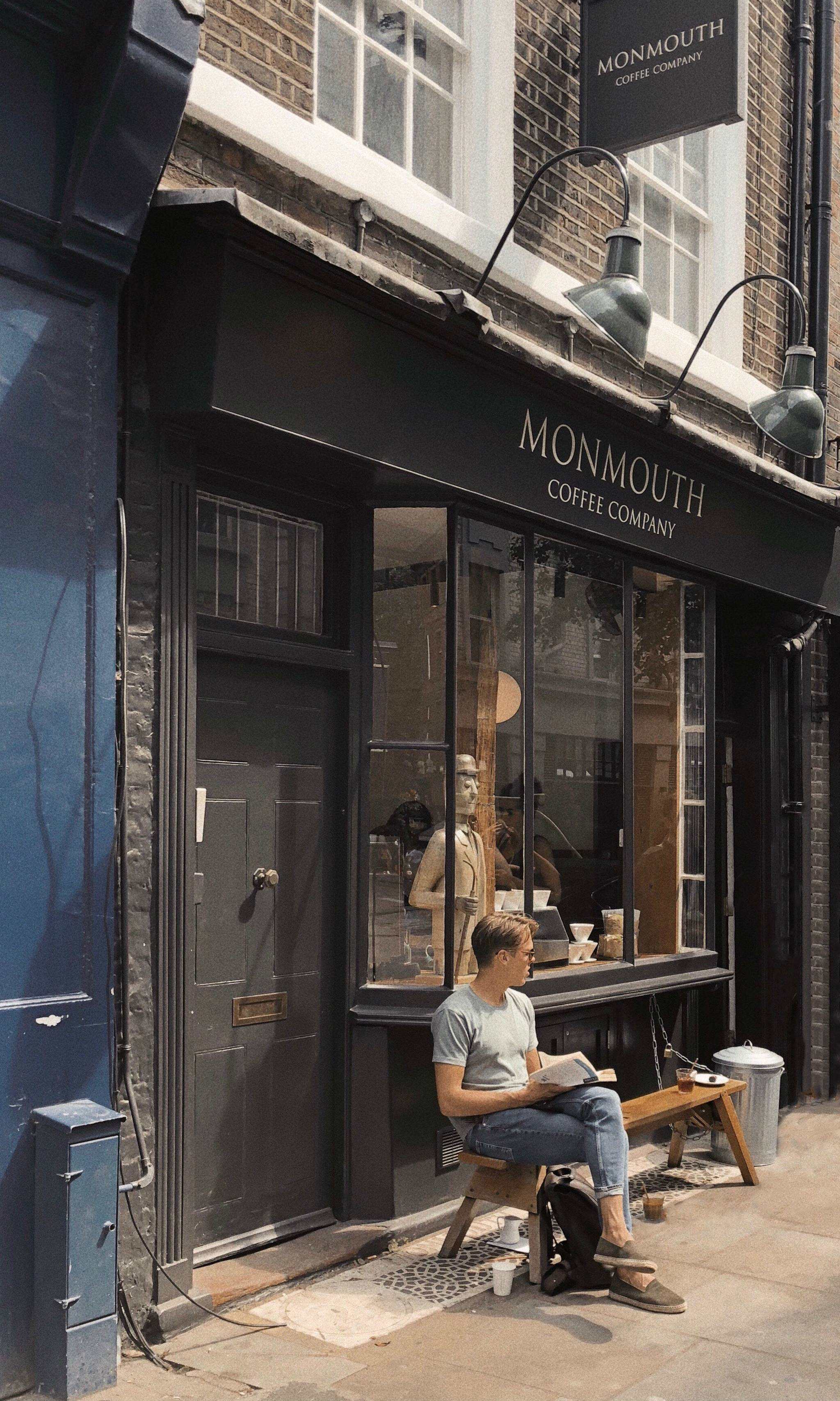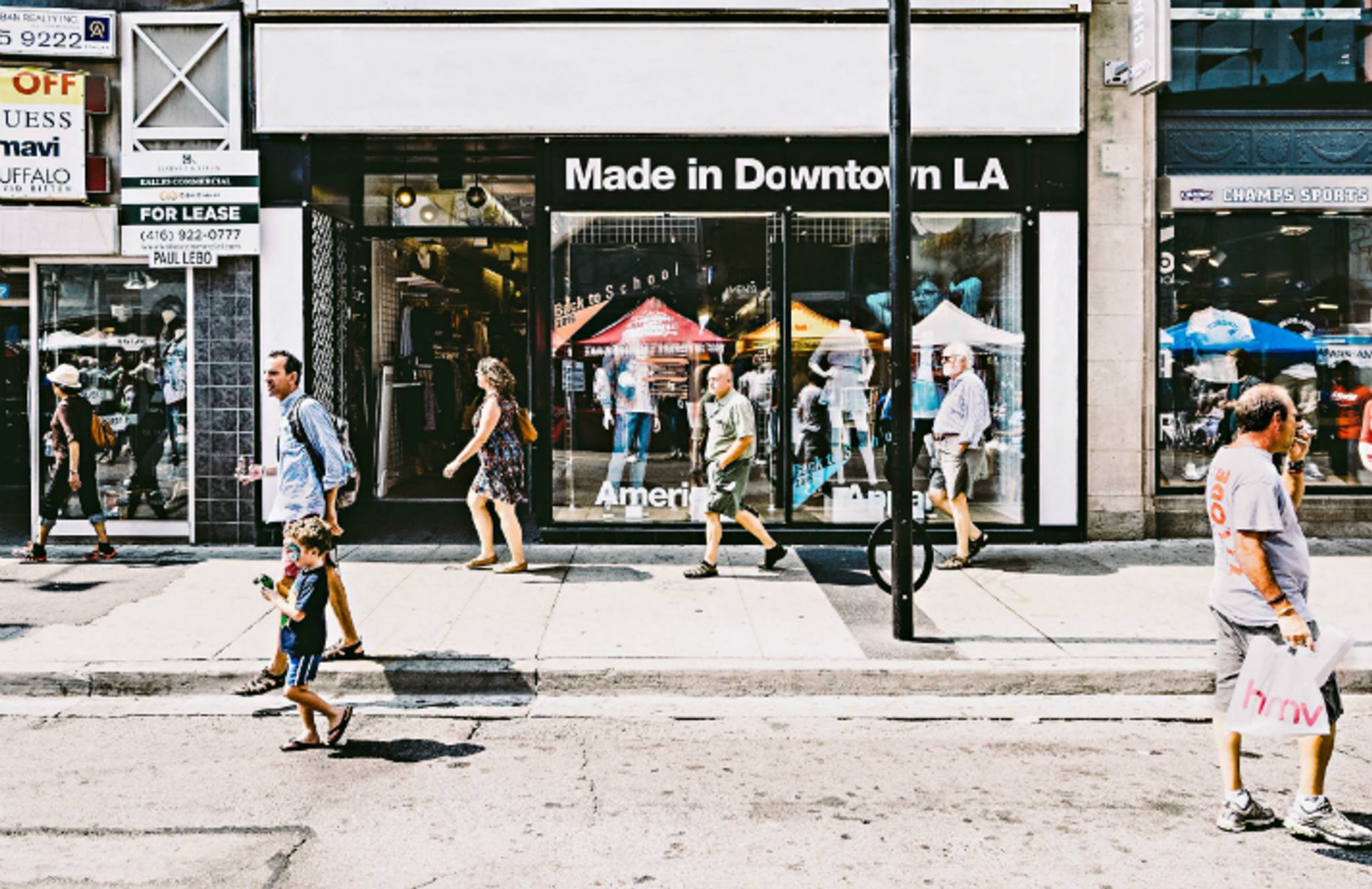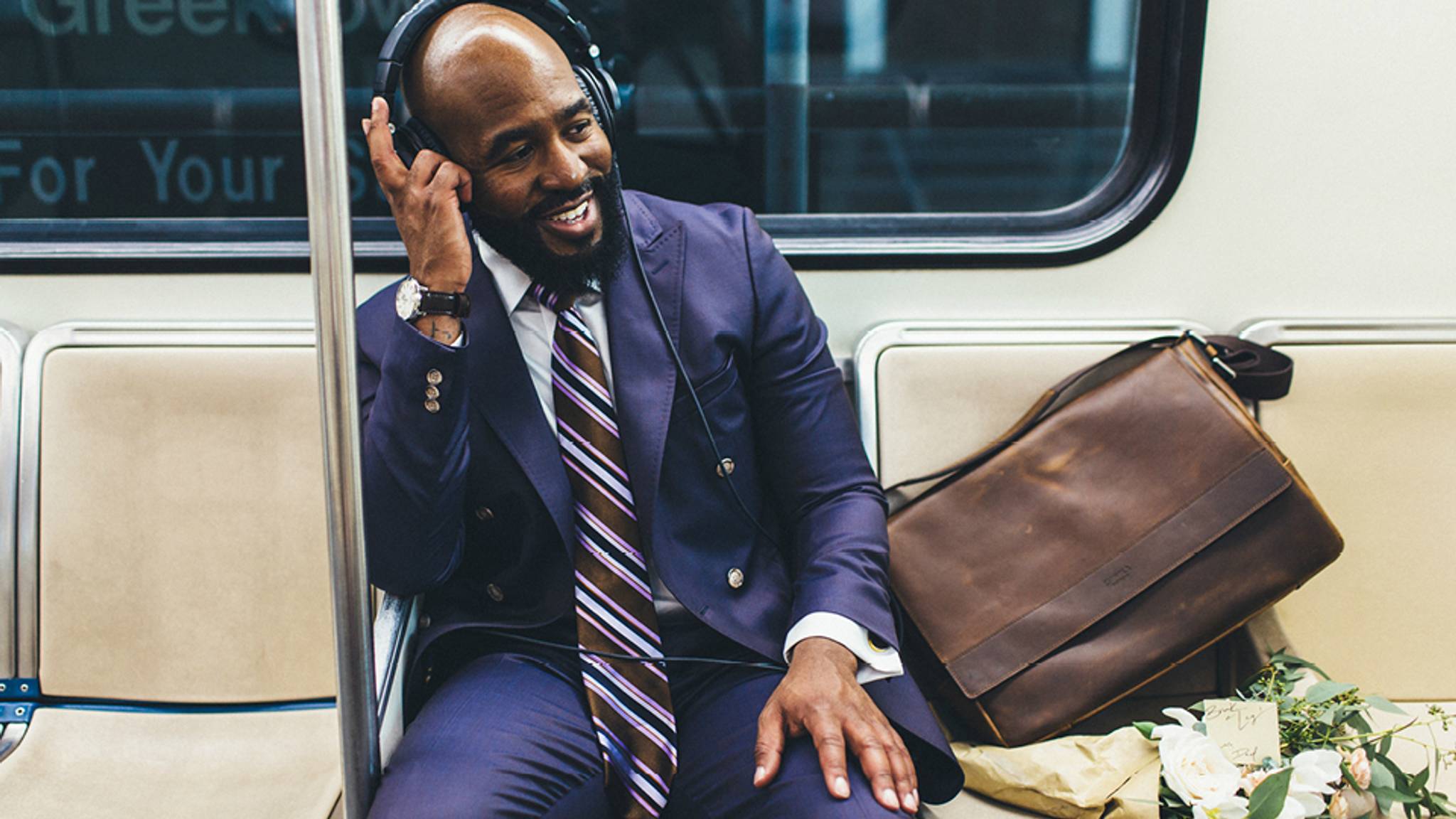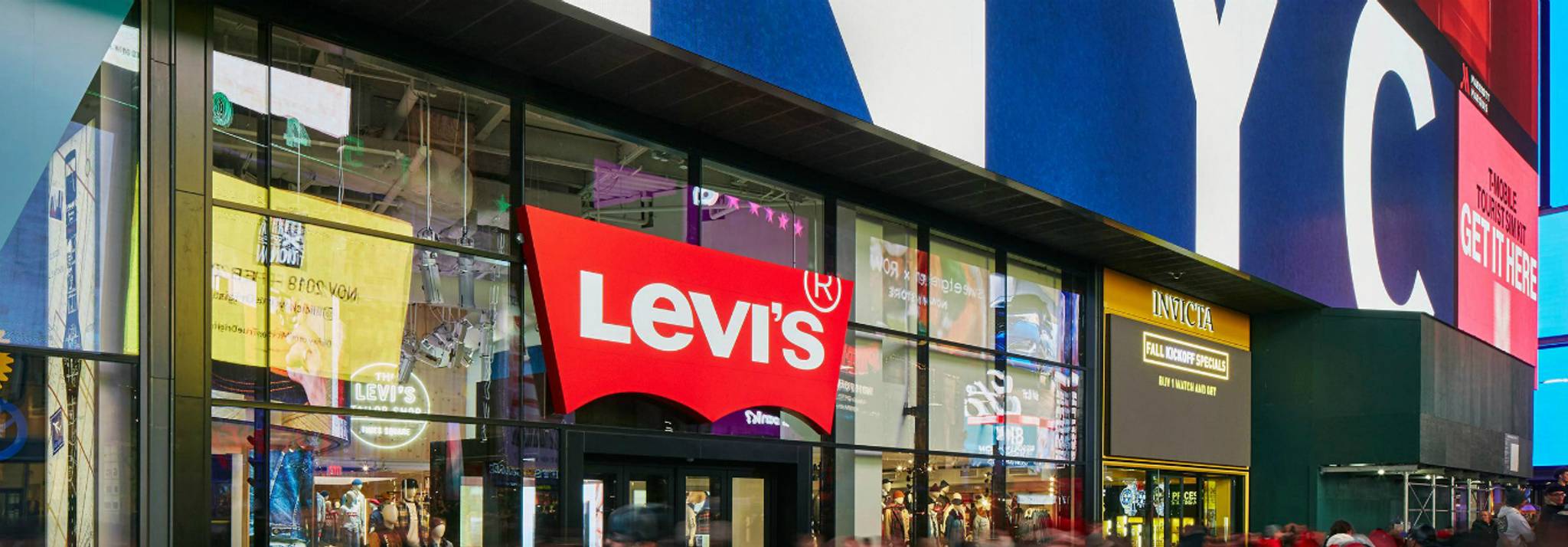
Levis Jeans has opened a flagship store in New York, which heavily leans on aspects of aspirational shopping and the brand's role within in American history. With conspicuous consumption down, Levi's is attempting to playing on their heritage to bring people back to the brand. We explore the insights behind the new flagship in NYC and understand the importance of heritage in branding.
Levi Strauss has opened a new 17,000 square-foot flagship store in New York's Times Square, which will offer everything from an in-house tailoring service to a brand museum that explores the jean manufacturer's 165-year history. The store has also been optimised to meet shoppers' expectations of seamlessness; iPads are available to shoppers to both check stock and personalize items. The store is also dotted in cultural iconography – from Marlon Brando to Marilyn Monroe – all wearing Levi's jeans. "I think the combination of flagship stores like this, along with our online experience, gives us the opportunity to tell our brand stories in a much more powerful way," says Marc Rosen, Levi’s executive vice president.
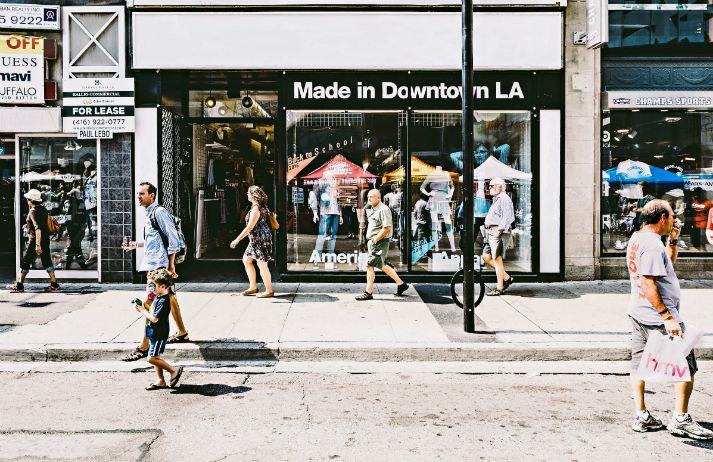
Marketing and consumer behaviour professor Steffen Jahn notes that “flagship stores have a positive effect on how the brand is perceived and experienced by consumers.” This type of experiential space is becoming increasingly popular among both up-and-coming and more traditional brands. In this type of retail context, the focus is not so much on selling products as it is on giving customers an entertaining or exciting experience that changes their perception of the brand. Jahn also explains that, “flagship stores [are] more effective for consumers in the recreational mindset. These stores update the brand experience and improve perceptions…. If the brand is already a familiar presence in the consumer’s mind, the experiential store is more effective in updating the overall brand experience. The other important finding is that a good experience inside such stores can lead to additional sales, especially of exclusive products that are not available elsewhere or that are a bit more premium.”
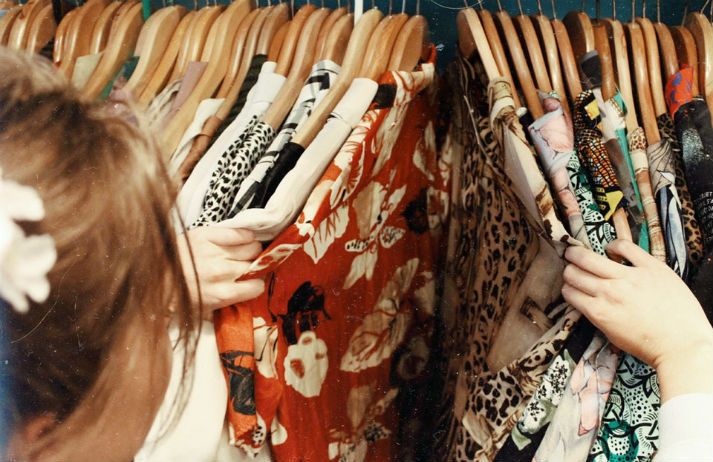
Despite only 3% of people feeling devoted to a brand, Levi's position within fashion history as a design innovator could be a potent marketing tool that brings people back to the brand. People are looking for brands they feel are authentic, and Levi’s puts that perception front and centre. “In a busy marketplace, fostering an emotional connection with your customers is what can make a brand stand out,” says marketing consultant Gem Royston-Claire. “Engaging people with a brand story is a way to create that connection quickly through authenticity.”
It's why the new flagship store concept is so firmly rooted in 'experience' – not just through experiential retail methods such as customisation bars or personal shoppers, but through experiences in time and cementing Levi's place in the canon of American history and heritage. Analysts may point towards nostalgia-driven purchasing as the reason why Levi's fortunes are on the up after a years of faltering sales, but the brand's decision to focus on his special place within the canon of American culture could play a decisive role in bringing people back to the brand, too.
Sophie Robinson is a research intern and recent social anthropology graduate at Canvas8, which specialises in behavioural insights and consumer research.
